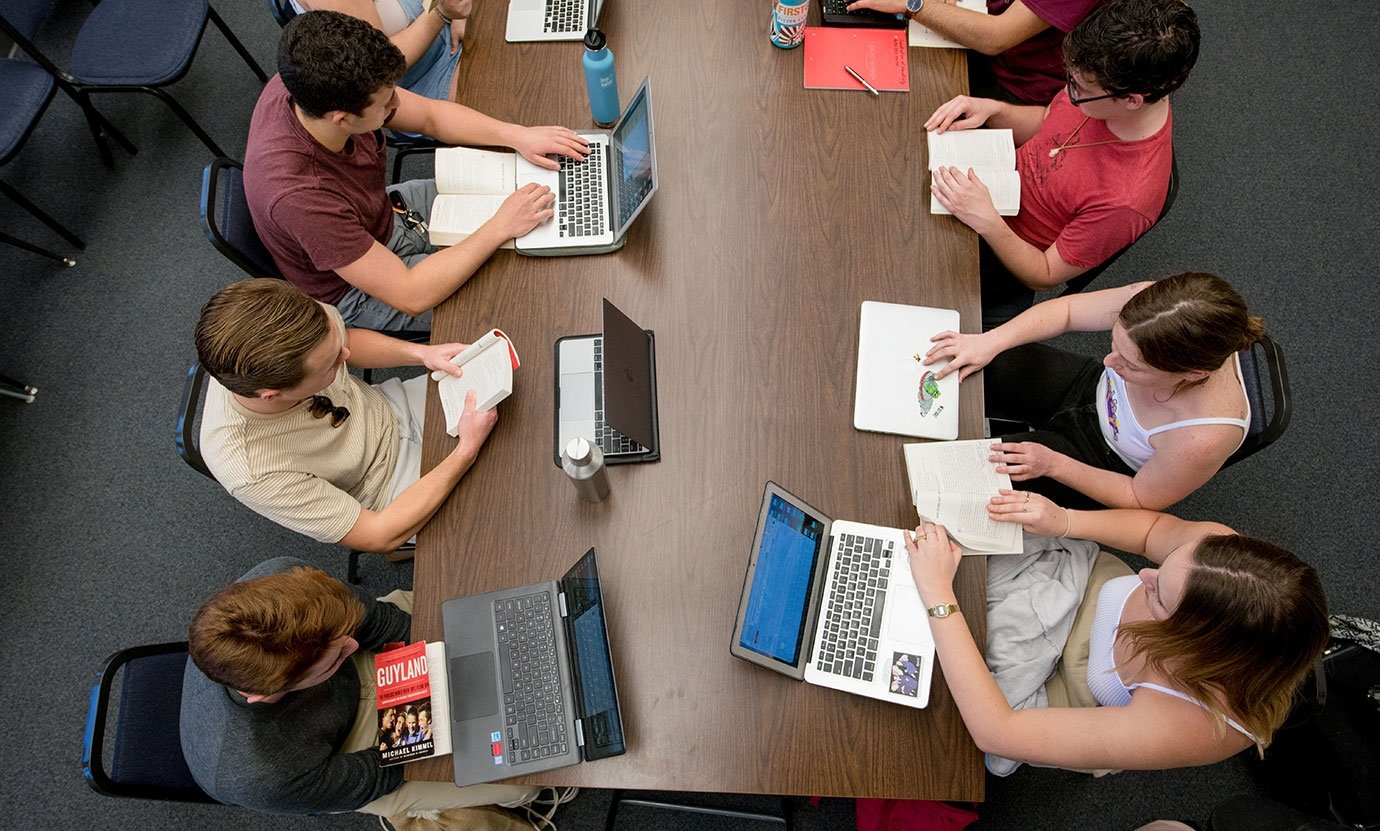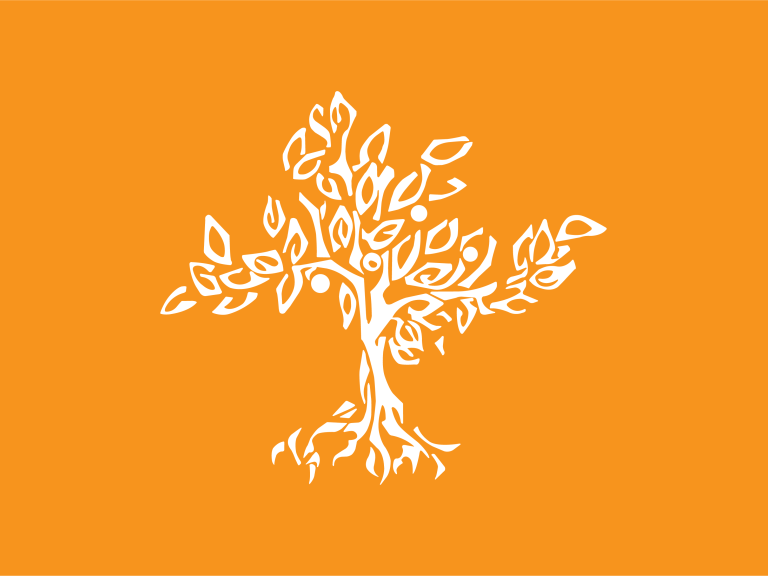Political Studies Field Group

At Pitzer College, Field Groups (similar to a discipline or department) organize major requirements and courses.
Political Studies examines political values, interests, institutions, power, and the processes of governing. Courses explore these questions using a variety of methodological approaches.
Political Studies consists of four sub-fields:
- Political Philosophy examines the history of political concepts such as authority, law, freedom, rights, equality, justice, and the state.
- Comparative Politics develops criteria for comparing the domestic politics and policies of countries throughout the world, including the U.S.A.
- Global Politics examines relationships between and among nation-states, as well as the emergence of transnational forces that increasingly give shape to a global political system.
- U.S. Politics examines politics and public policy in the U.S.A., including Latino, African American and Asian American politics.
AP Credit: AP courses in the field of politics and government with a score of 5 may be counted toward graduation, but not toward fulfilling the requirements of the major.
Political Studies Program
Visit the Political Studies Program page to learn more about major requirements, learning objectives, and student stories.
Political Studies Field Group Advisers

Will Barndt
- Associate Professor of Political Studies
- Political Studies Field Group

Geoffrey Herrera
- Fletcher Jones Associate Professor of Political Studies
- Political Studies Field Group

Adrian Pantoja
- Professor of Political Studies/Chicano Studies
- Political Studies Field Group
- Chicanx-Latinx Studies Field Group

Lako Tongun
- Associate Professor of Critical Global Studies and Political Studies
- Critical Global Studies Field Group
- Political Studies Field Group

Hanzhang Liu
- Assistant Professor of Political Studies
- Political Studies Field Group

Rachel VanSickle-Ward
- Professor of Political Studies
- Political Studies Field Group
Political Studies in the News

Featured
Professor Hanzhang Liu on Chinese masses taking Covid fight into own hands
Chinese citizens turn to grassroots groups and companies for medical help.